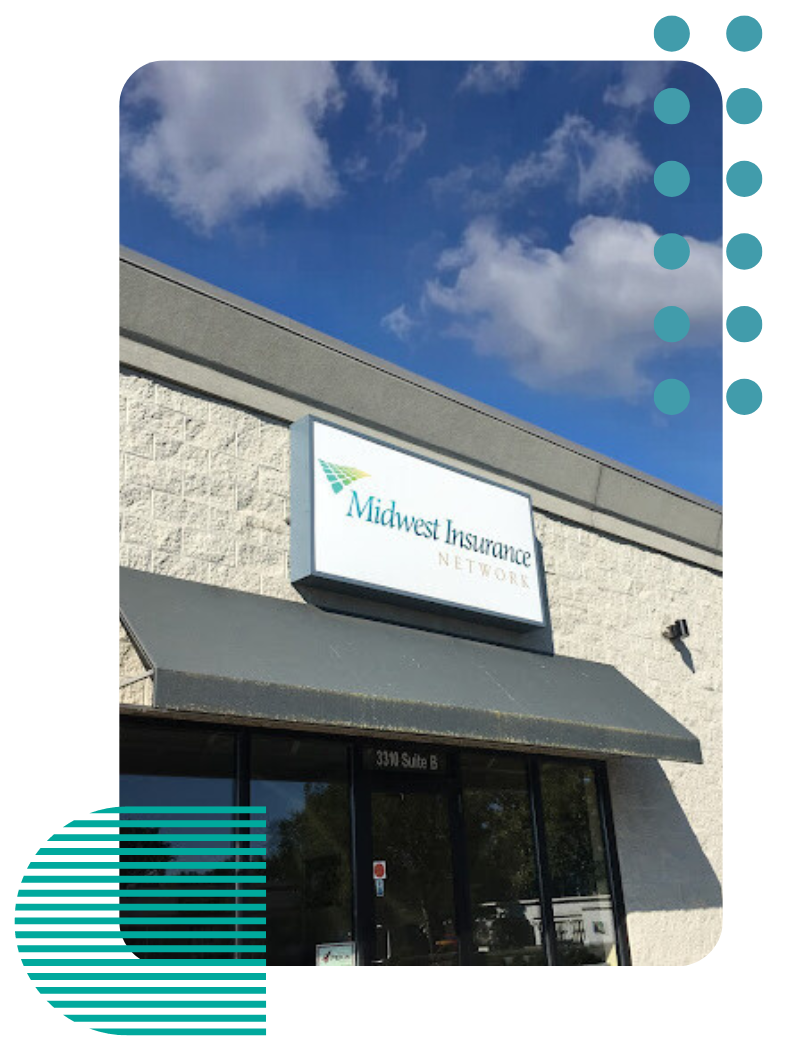Get in touch
419-720-5825
agency@midwest-insure.com
Ohio Erosion Control Contractors Insurance

See How We're Different
or call us: 419-720-5825
Top 3 Recommended Policies
Index
Contact Us
Phone
agency@midwest-insure.com
Location
Northwood, OH
3310 Woodville Road, Suite D
Northwood, OH 43619
Elmore, OH
361 Rice Street
Elmore, OH 43416
When it comes to erosion control, contractors play a vital role in protecting landscapes, waterways, and ecosystems. However, like any other profession, they face unique risks that can lead to significant financial losses. This is where insurance comes into play, providing essential coverage to mitigate potential liabilities. In this article, we will delve into the specifics of Ohio erosion control contractors insurance, exploring its importance, types of coverage, and how to choose the right policy.
Understanding Erosion Control
Erosion control is a critical aspect of environmental management. It involves implementing practices that prevent soil erosion, which can lead to sedimentation in waterways, loss of fertile land, and damage to infrastructure. Contractors specializing in this field utilize various techniques, including vegetation planting, silt fencing, and sediment basins, to manage and prevent erosion effectively. By employing a combination of these methods, they can create a multifaceted approach that not only stabilizes soil but also enhances the surrounding ecosystem. For instance, the introduction of native plants can improve soil structure and promote biodiversity, creating a more resilient environment.
The Importance of Erosion Control
Effective erosion control is essential for maintaining the health of the environment. It helps protect water quality by reducing sediment runoff, which can harm aquatic ecosystems. Additionally, it plays a significant role in preserving the integrity of construction sites and preventing costly damage to structures. The implications of erosion extend beyond immediate visual impacts; long-term soil degradation can lead to decreased agricultural productivity and increased vulnerability to natural disasters such as floods and landslides. Therefore, proactive erosion control measures not only safeguard current landscapes but also ensure the sustainability of future land use.
Common Risks Faced by Erosion Control Contractors
Contractors in the erosion control field face several risks that can lead to accidents or damage. These include equipment failures, worker injuries, and environmental damage due to improper erosion control measures. Without adequate insurance coverage, these incidents can result in substantial financial burdens for contractors. Moreover, the unpredictable nature of weather patterns can exacerbate these risks, as heavy rainfall or sudden storms may overwhelm erosion control systems, rendering them ineffective. To mitigate these challenges, contractors often engage in rigorous training programs and adopt advanced technologies, such as drone surveillance and real-time monitoring systems, to assess site conditions and ensure compliance with environmental regulations. This proactive approach not only enhances safety but also improves the overall effectiveness of erosion control efforts.

The Necessity of Insurance for Erosion Control Contractors
Insurance is not just a safety net; it is a crucial component of running a successful erosion control business. It protects contractors from unforeseen events that could jeopardize their livelihood. In Ohio, the right insurance policy can make all the difference in safeguarding a contractor's financial future.
Legal Requirements for Contractors in Ohio
In Ohio, contractors are required to have certain types of insurance to operate legally. This includes general liability insurance, which covers bodily injury and property damage claims. Additionally, workers' compensation insurance is mandatory for businesses with employees, providing coverage for work-related injuries. The legal framework surrounding these requirements is designed to protect both the contractor and the public, ensuring that any accidents or damages that occur during the course of work are adequately addressed.
Benefits of Having Erosion Control Contractors Insurance
Having the appropriate insurance offers numerous benefits. It not only protects against financial losses but also enhances a contractor's credibility with clients. Many clients prefer to work with insured contractors, as it demonstrates professionalism and a commitment to responsible business practices. Furthermore, having insurance can open doors to larger projects that require proof of coverage before contracts are awarded. This can be particularly advantageous in competitive bidding situations, where being insured can set a contractor apart from others who may not have the same level of protection.
Moreover, insurance can provide peace of mind for contractors, allowing them to focus on their work without the constant worry of potential liabilities. In the erosion control industry, where projects often involve heavy machinery and potentially hazardous materials, the risks can be significant. With the right insurance, contractors can mitigate these risks and ensure that they are prepared for any eventuality, whether it be an accident on-site or damage to a neighboring property. This sense of security not only benefits the contractors but also fosters trust with clients, who can feel confident that their project is in capable hands.
Types of Insurance Coverage for Erosion Control Contractors
There are several types of insurance coverage that erosion control contractors should consider. Each type addresses different risks associated with the industry, ensuring comprehensive protection.
General Liability Insurance
General liability insurance is fundamental for any contractor. It covers claims related to bodily injury, property damage, and personal injury. For example, if a client or a third party is injured on a job site, this insurance can help cover medical expenses and legal fees. Furthermore, this type of insurance can also protect against claims arising from accidents that occur during the transportation of materials or equipment to and from the job site. Given the nature of erosion control work, which often involves heavy machinery and potentially hazardous materials, having robust general liability coverage is essential to safeguard against unforeseen incidents that could lead to significant financial losses.
Professional Liability Insurance
Professional liability insurance, also known as errors and omissions insurance, protects contractors against claims of negligence or failure to deliver services as promised. For erosion control contractors, this can be particularly important if a project does not meet environmental standards or if a client claims that the contractor's work led to erosion issues. This insurance can also cover legal defense costs, which can be substantial, even if the contractor is ultimately found not liable. As environmental regulations become increasingly stringent, the risk of facing claims related to compliance failures or inadequate project outcomes has grown, making professional liability insurance a vital component of a contractor's risk management strategy.
Workers' Compensation Insurance
Workers' compensation insurance is crucial for contractors with employees. It provides coverage for medical expenses and lost wages for workers who are injured on the job. In Ohio, this insurance is not only advisable but legally required for most businesses. Additionally, having workers' compensation insurance can enhance a contractor's reputation, demonstrating a commitment to employee safety and well-being. This is particularly relevant in the erosion control industry, where workers may be exposed to various hazards, such as steep slopes, heavy machinery, and adverse weather conditions. By investing in comprehensive workers' compensation coverage, contractors not only protect their workforce but also foster a culture of safety that can lead to higher employee morale and productivity.
Choosing the Right Insurance Policy
Selecting the right insurance policy can be a daunting task, especially with the various options available. Here are some key considerations to keep in mind when choosing insurance for erosion control contractors.
Assessing Your Business Needs
Before purchasing insurance, it's essential to assess your specific business needs. Consider the size of your operation, the types of projects you undertake, and the risks associated with your work. This evaluation will help you determine the coverage levels required to protect your business adequately. For instance, if your projects involve heavy machinery or working in environmentally sensitive areas, you may need additional coverage for equipment and environmental liabilities. Additionally, think about your workforce; if you employ subcontractors, you may need to include them in your coverage considerations to mitigate potential liabilities.
Comparing Insurance Providers
Not all insurance providers are created equal. Take the time to research and compare different companies. Look for providers that specialize in contractor insurance and have experience in the erosion control industry. Reading customer reviews and seeking recommendations can also provide valuable insights. Furthermore, consider the financial stability of the insurance company; a provider with a strong financial rating is more likely to fulfill claims promptly. Don't hesitate to reach out and ask for quotes from multiple providers, as this can also give you a better understanding of the market rates and available options.
Understanding Policy Terms and Conditions
When reviewing insurance policies, pay close attention to the terms and conditions. Ensure you understand what is covered, any exclusions, and the limits of liability. It may be beneficial to consult with an insurance agent who can clarify complex terms and help you make an informed decision. Additionally, consider the claims process outlined in the policy; understanding how to file a claim and the timeline for processing can be crucial in a time of need. Some policies may also offer additional services, such as risk management consultations or training programs, which can further enhance your business's safety and compliance standards.

Cost of Erosion Control Contractors Insurance
The cost of insurance can vary significantly based on several factors, including the size of the business, the type of coverage, and the contractor's claims history. Understanding these factors can help contractors budget for their insurance needs effectively. Additionally, it is essential for contractors to stay informed about the evolving insurance market, as fluctuations in demand and changes in regulations can also impact pricing.
Factors Influencing Insurance Premiums
Several factors influence the premiums for erosion control contractors insurance. These include the contractor's experience, the types of projects undertaken, and the level of coverage desired. Additionally, a clean claims history can lead to lower premiums, while a history of claims may result in higher costs. Other considerations may include the geographical location of the business, as certain areas may have higher risks associated with erosion control due to environmental factors. Moreover, the contractor's safety record and adherence to industry best practices can also play a significant role in determining insurance rates, as insurers often reward those who demonstrate a commitment to safety and risk management.
Average Costs for Coverage
While costs can vary, general liability insurance for contractors typically ranges from $400 to $1,500 per year, depending on coverage limits and other factors. Workers' compensation insurance costs can also vary widely, often based on payroll and the risk associated with the work performed. It's important to note that contractors may also need to consider additional coverage options, such as commercial auto insurance or professional liability insurance, which can further influence overall insurance costs. Furthermore, some contractors may benefit from bundling their insurance policies, potentially leading to discounts and more comprehensive coverage tailored to their specific needs.
Claims Process for Erosion Control Contractors Insurance
Understanding the claims process is essential for contractors to navigate potential issues effectively. Knowing how to file a claim and what to expect can streamline the process and reduce stress during challenging times. The claims process not only helps in recovering losses but also provides an opportunity for contractors to evaluate their risk management strategies and identify areas for improvement.
Steps to File a Claim
Filing a claim typically involves several steps. First, the contractor should notify their insurance provider as soon as an incident occurs. This can often be done online or via phone. Next, the contractor may need to provide documentation, such as photographs, witness statements, and any relevant contracts or agreements. It’s also advisable to keep a detailed log of all communications with the insurance company, including dates, times, and the names of representatives spoken to, as this can be invaluable if there are any disputes or delays in processing the claim.
What to Expect During the Claims Process
After filing a claim, the insurance company will investigate the incident. This may involve assessing damages, interviewing involved parties, and reviewing documentation. Contractors should be prepared for this process and maintain communication with their insurance provider to ensure a smooth resolution. Additionally, contractors may want to familiarize themselves with the specific terms and conditions of their policy, as coverage can vary widely. Understanding the nuances of what is covered can help contractors advocate effectively for their needs and ensure they receive the compensation they are entitled to.
Moreover, it’s important for contractors to be aware of the timelines associated with the claims process. Each insurance provider has its own set of guidelines regarding how quickly claims should be processed. Being proactive in following up on the status of a claim can help expedite the process and provide peace of mind during what can be a stressful time. Contractors should also consider seeking advice from industry peers or legal professionals who have experience with similar claims, as they can offer insights that may prove beneficial in navigating the complexities of the insurance landscape.
Common Myths About Contractors Insurance
There are several misconceptions surrounding contractors insurance that can lead to confusion. Dispelling these myths is crucial for contractors to make informed decisions about their coverage.
Myth 1: Insurance is Optional for Contractors
One of the most prevalent myths is that insurance is optional for contractors. In reality, many types of insurance are legally required, and having coverage is essential for protecting against potential liabilities. For instance, general liability insurance is often mandated by law or by project owners to ensure that contractors can cover any damages or injuries that occur on the job site. Furthermore, without proper insurance, contractors may face significant financial risks that could jeopardize their business and personal assets.
Myth 2: All Insurance Policies are the Same
Another common misconception is that all insurance policies provide the same coverage. This is far from the truth. Policies can vary significantly in terms of coverage limits, exclusions, and specific terms. Contractors must carefully review their options to find the right fit for their needs. For example, some policies may include coverage for tools and equipment, while others may not, leaving contractors vulnerable to losses due to theft or damage. Additionally, understanding the nuances of endorsements and riders can help contractors tailor their policies to better suit their specific trades and risks.
Myth 3: Claims are Always Denied
Many contractors believe that insurance claims are often denied. While some claims may be denied due to lack of coverage or documentation, many legitimate claims are approved. Understanding the policy and providing thorough documentation can increase the chances of a successful claim. Moreover, having a dedicated claims representative can assist contractors in navigating the claims process, ensuring that all necessary information is submitted correctly and promptly. This proactive approach can help dispel the myth that the insurance industry is inherently adversarial and can foster a more positive relationship between contractors and their insurers.
Conclusion
Ohio erosion control contractors face unique challenges and risks in their line of work. Having the right insurance coverage is not just a legal requirement; it is a vital component of protecting their business and ensuring long-term success. By understanding the types of coverage available, assessing their specific needs, and choosing the right insurance provider, contractors can safeguard their operations against unforeseen events.
As the erosion control industry continues to evolve, staying informed about insurance options and best practices will empower contractors to navigate their business landscape confidently. With the right insurance in place, they can focus on what they do best—protecting the environment and providing essential services to their clients.
REQUEST A QUOTE
Get erosion control contractors insurance today!
Erosion Control Contractors Insurance
We will get back to you as soon as possible.
Please try again later.
Midwest Insurance Network is an independent insurance agency offering a one-on-one service for all our insurance clients. We help you navigate the sea of policy options and clarify any questions or concerns you may have along the way.
Quick Links
Services
All Rights Reserved | Midwest Insurance Network.



